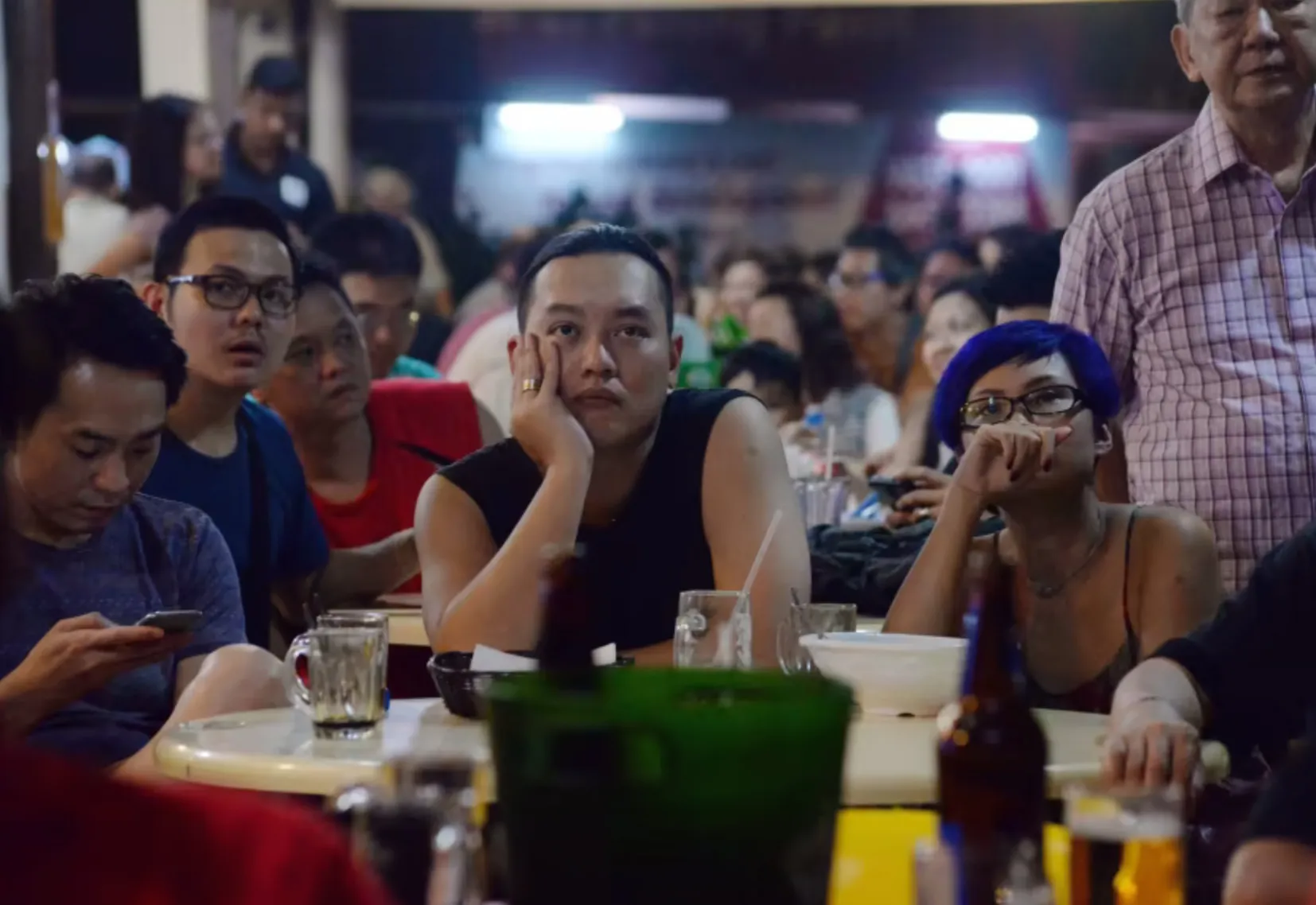If ‘gerrymandering’ existed, PAP would have redrawn Aljunied GRC boundaries
If gerrymandering was as rampant as the opposition claims, we’d see a very different political landscape.

The Workers’ Party (WP) and the Progress Singapore Party (PSP) have been quick to accuse the ruling People’s Action Party (PAP) of manipulating electoral boundaries to their advantage.
Does the accusation really hold up?
Aljunied GRC still standing strong
Aljunied GRC - the Workers’ Party stronghold that’s been a thorn in the PAP’s side for years.
If the PAP was really gerrymandering to wipe out opposition, wouldn’t Aljunied have disappeared by now?
But it hasn’t.
In fact, Aljunied has remained intact through multiple election cycles.
The PAP could have redrawn the lines to dilute the WP’s influence there, but they didn’t.
If the PAP was as ruthless as some suggest, Aljunied would have been the first to go, yet it’s still here, stronger than ever.
Sengkang GRC – a creation that backfired?
The PAP created Sengkang GRC constituency, and on paper, it should have worked in PAP’s favour.
But in the 2020 General Election, the WP won it, flipping the script.
If gerrymandering was really in play, how did this happen?
Sengkang’s demographics—young, progressive, and open to change—played right into the WP’s hands.
If the PAP was so keen on manipulating boundaries to their advantage, wouldn’t they have seen this coming and adjusted accordingly?
The fact that the opposition won in Sengkang despite the PAP’s supposed gerrymandering efforts throws a major wrench into the narrative.
It suggests that boundaries, while important, aren’t the be-all and end-all of political success.
Voter sentiment and the ability to connect with constituents clearly play a much bigger role.
What’s really happening?
So, what are we left with? The opposition’s claims of gerrymandering don’t seem to match up with what’s actually happening on the ground.
Aljunied GRC remains a WP stronghold, and the PAP’s creation of Sengkang GRC didn’t stop the opposition from winning.
These examples suggest that Singapore’s electoral process might be a lot fairer than some would have us believe.
If gerrymandering was as rampant as the opposition claims, we’d see a very different political landscape.
But we don’t.
Instead, we see opposition victories in areas that were supposedly stacked against them. This raises an important question: are these accusations of gerrymandering more about crafting a convenient narrative than addressing real issues?
The bottom line
It’s easy to cry foul and accuse the ruling party of rigging the system, but the facts just don’t back that up.
The opposition’s strongholds are still standing, and in some cases, they’re even winning in constituencies that were supposedly gerrymandered.
Maybe it’s time to move past the gerrymandering myth and focus on what really matters—connecting with voters and earning their trust.
Because at the end of the day, it’s not the boundaries that decide elections; it’s the people within them.

